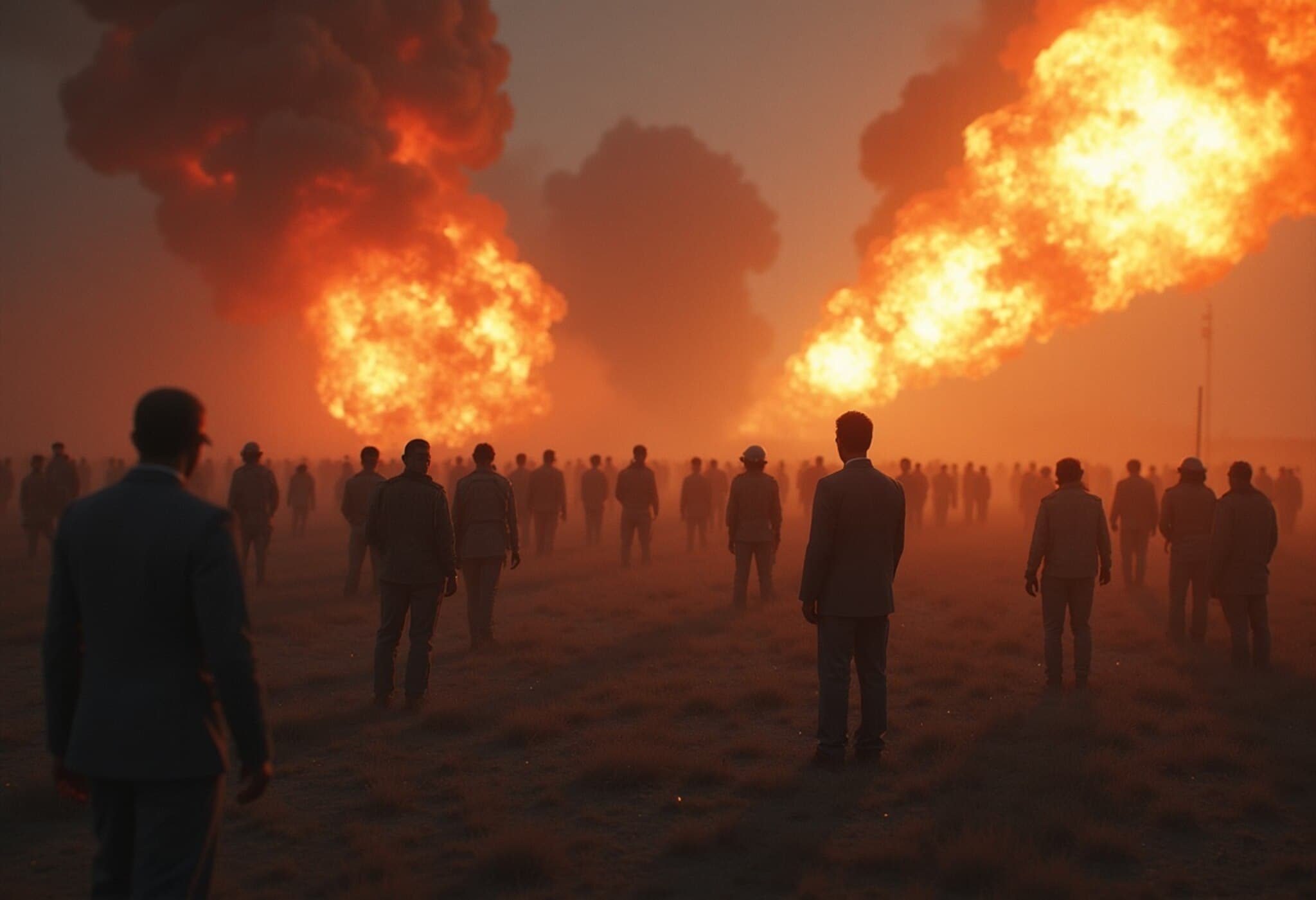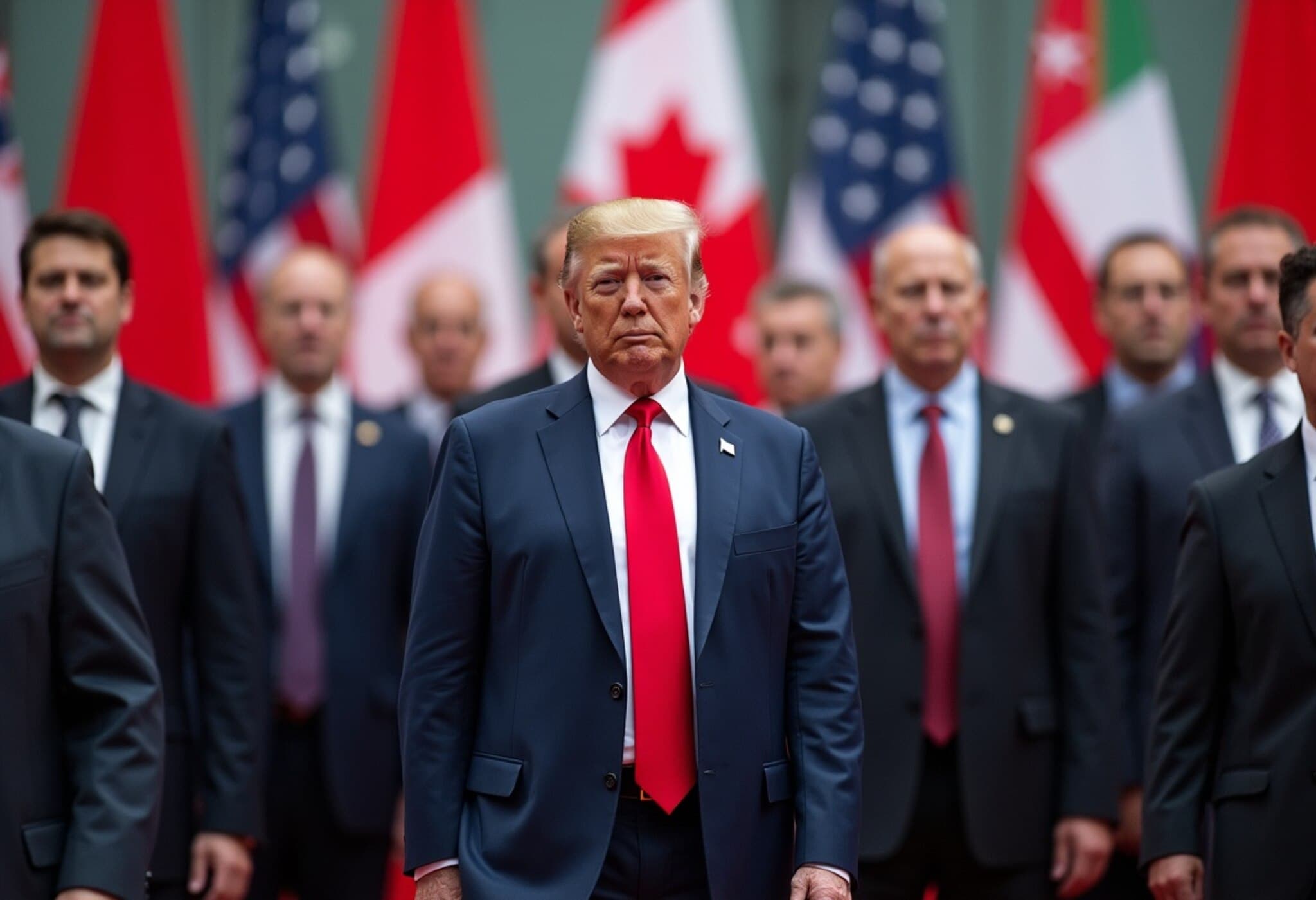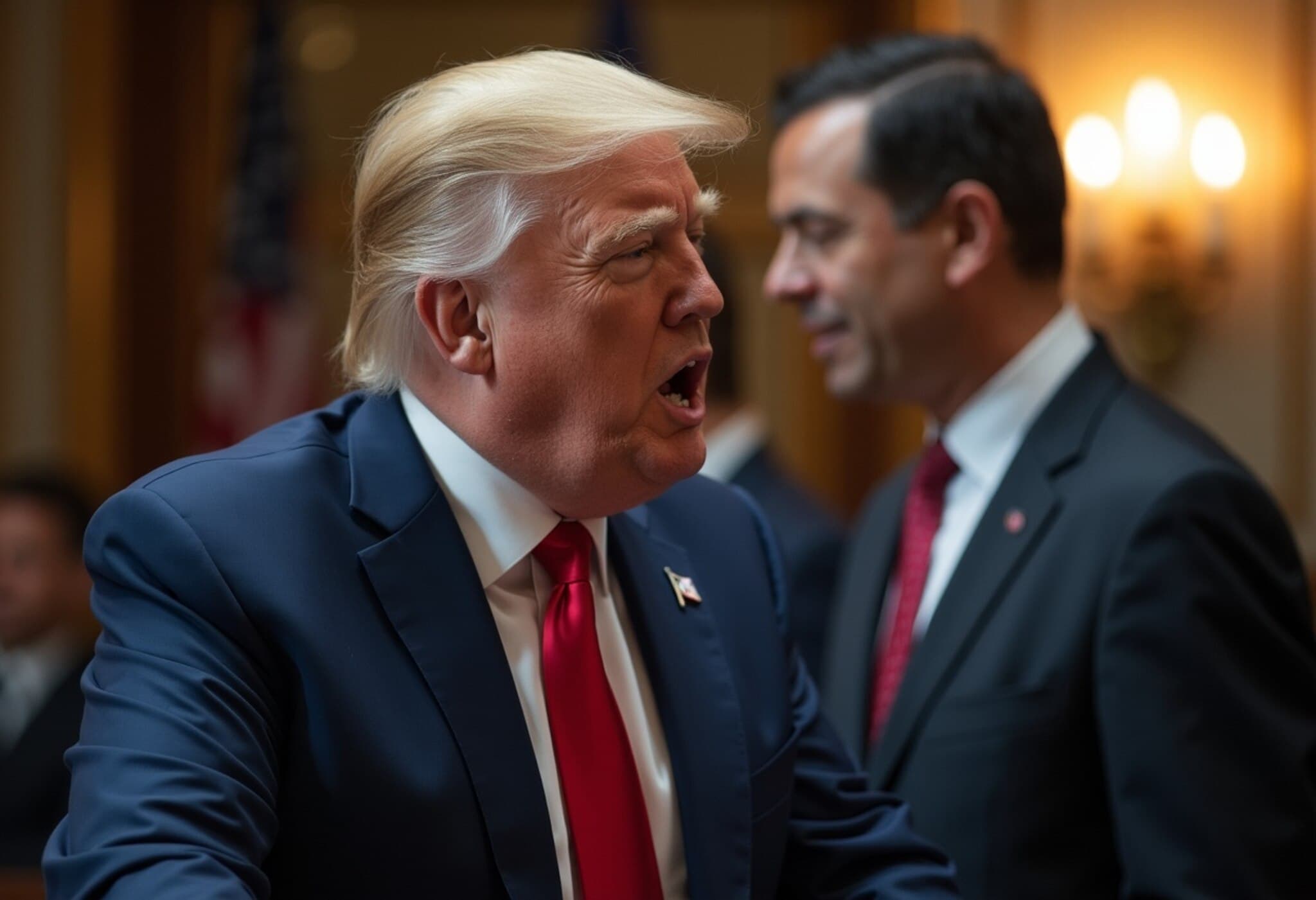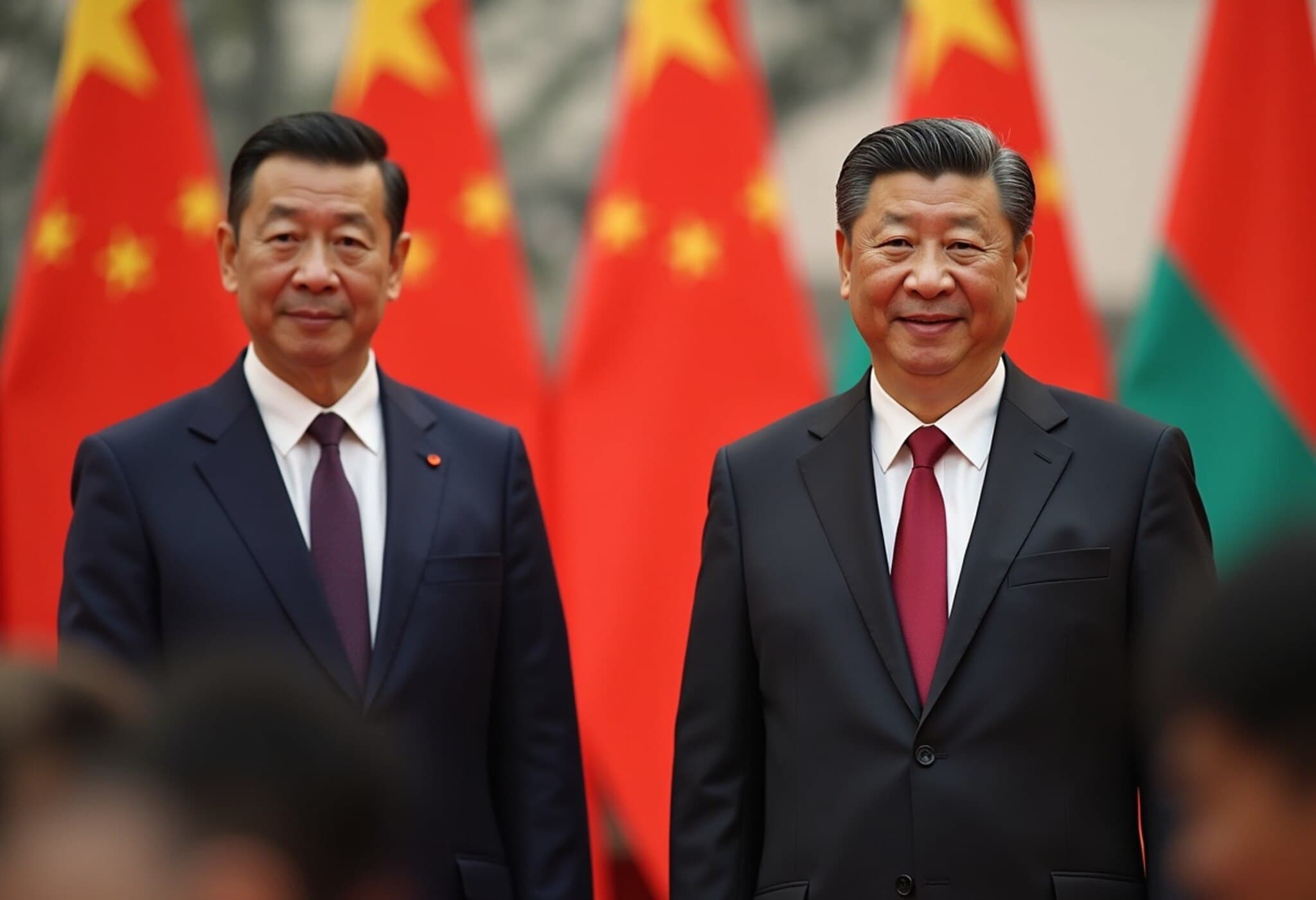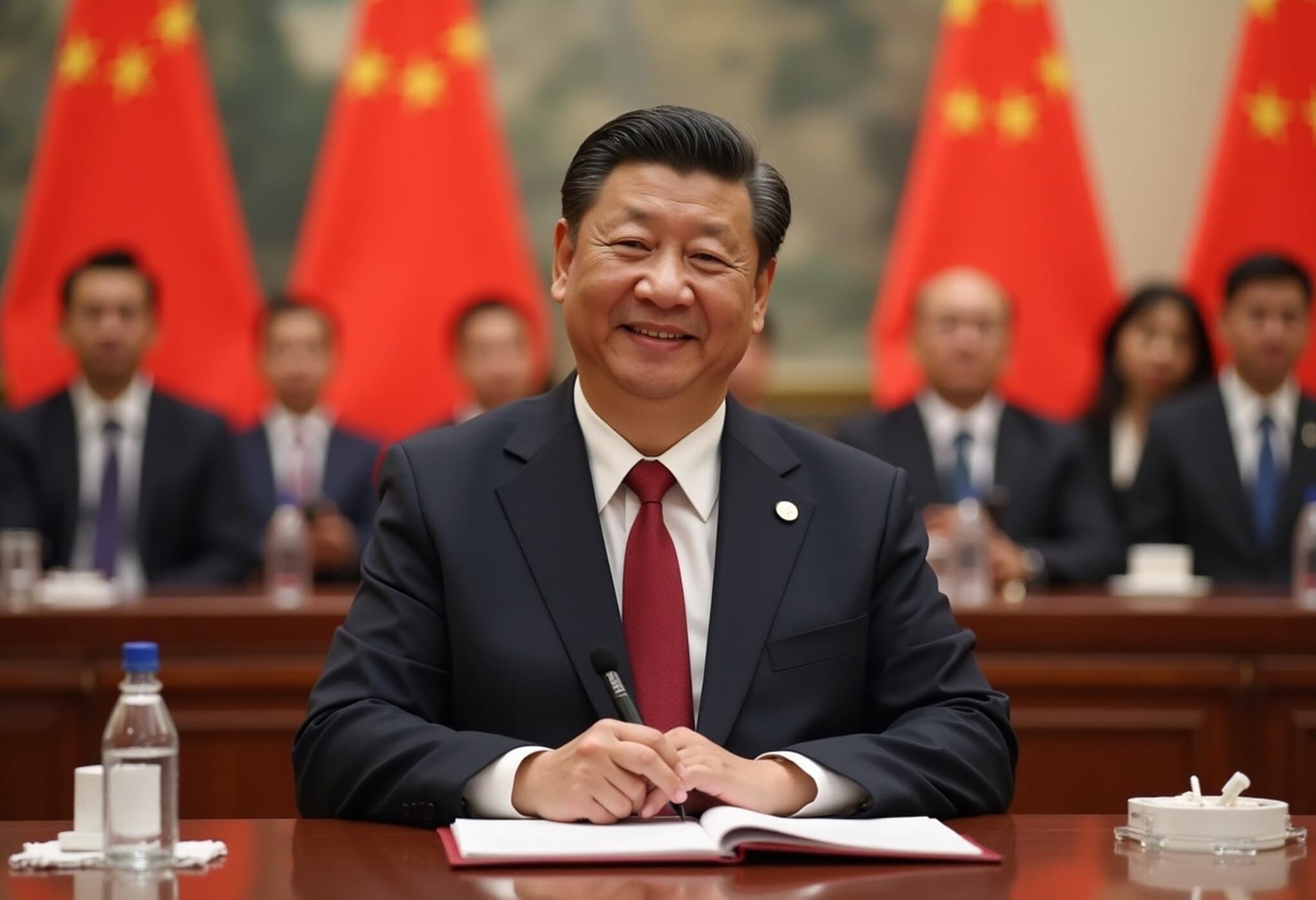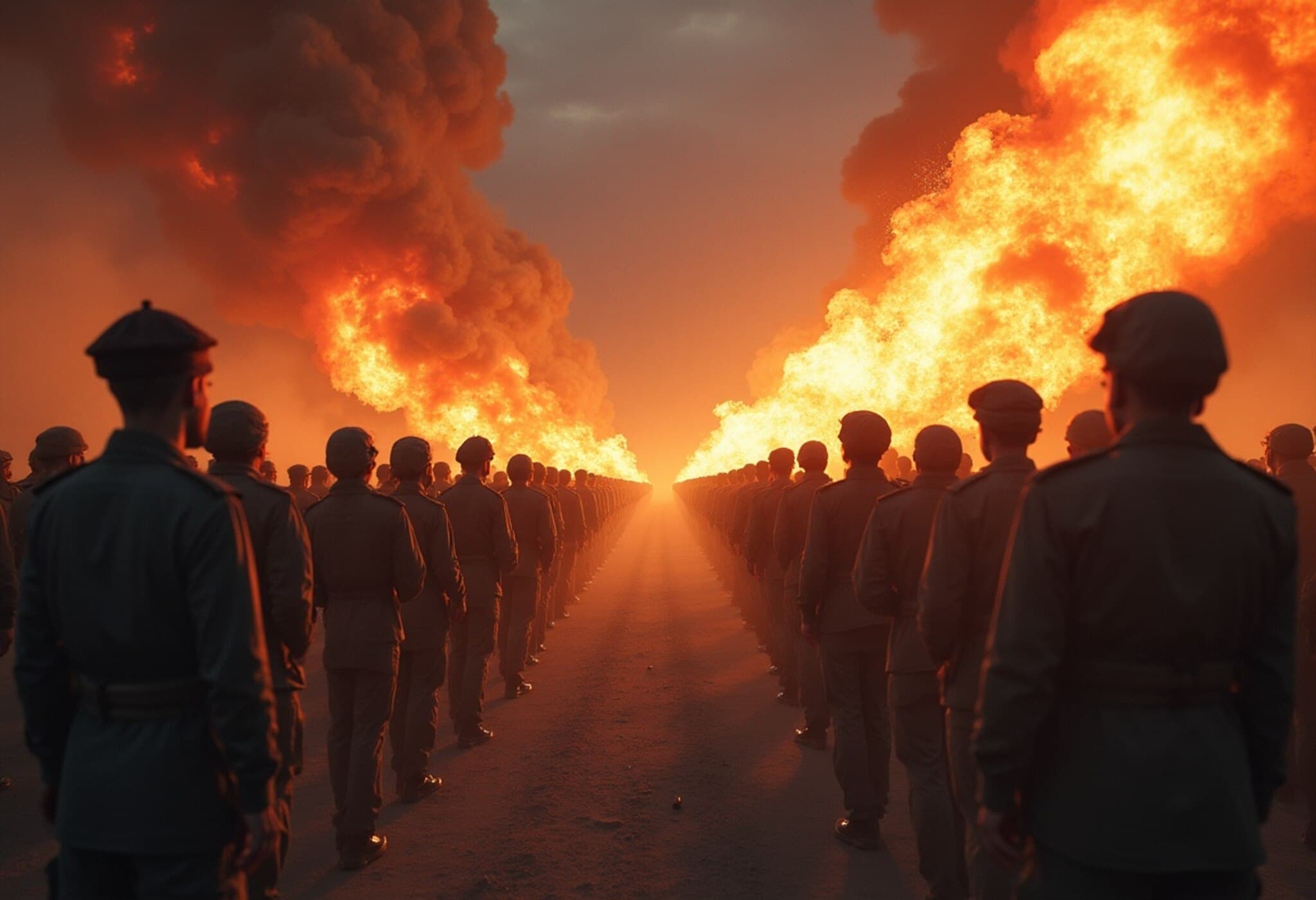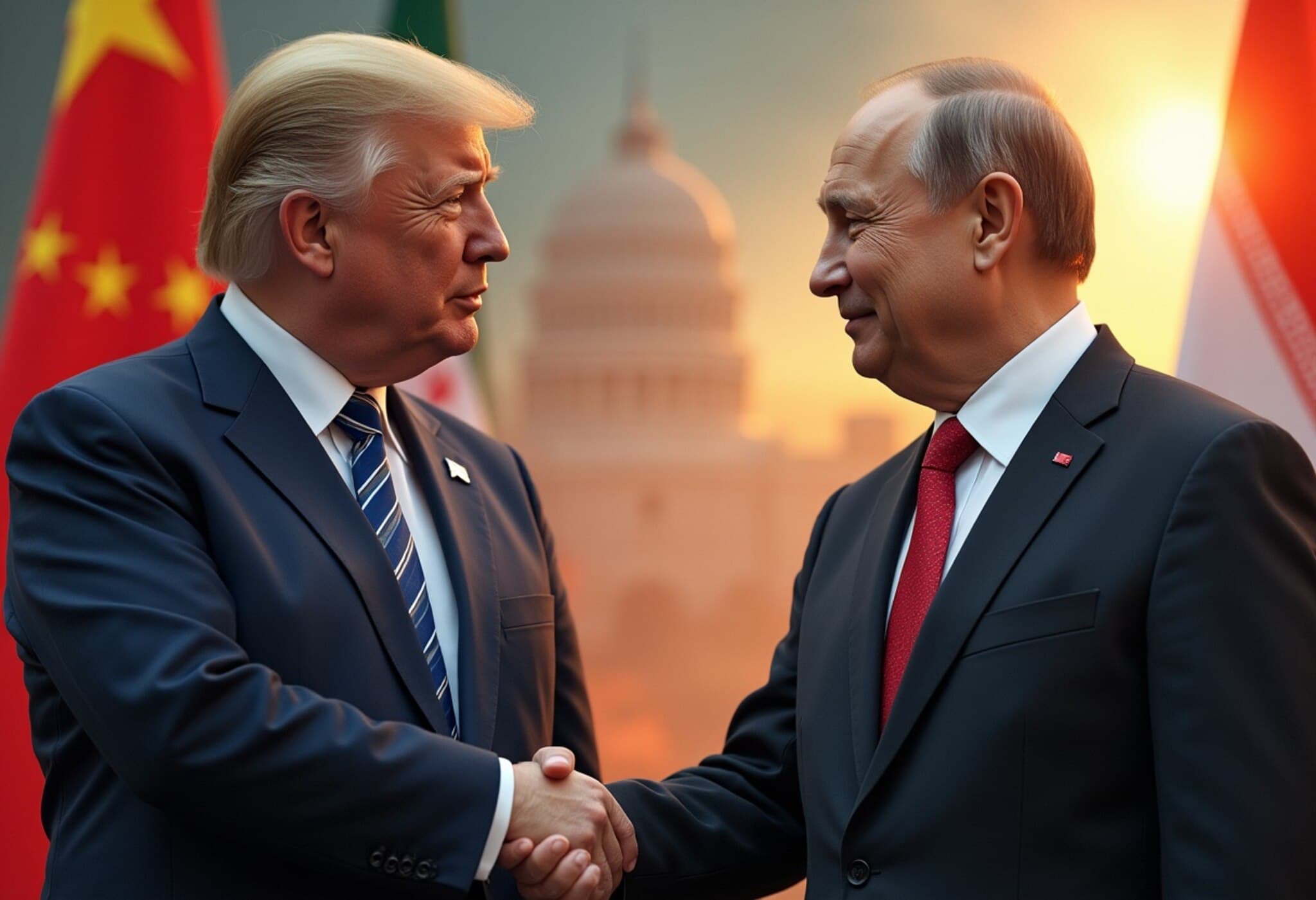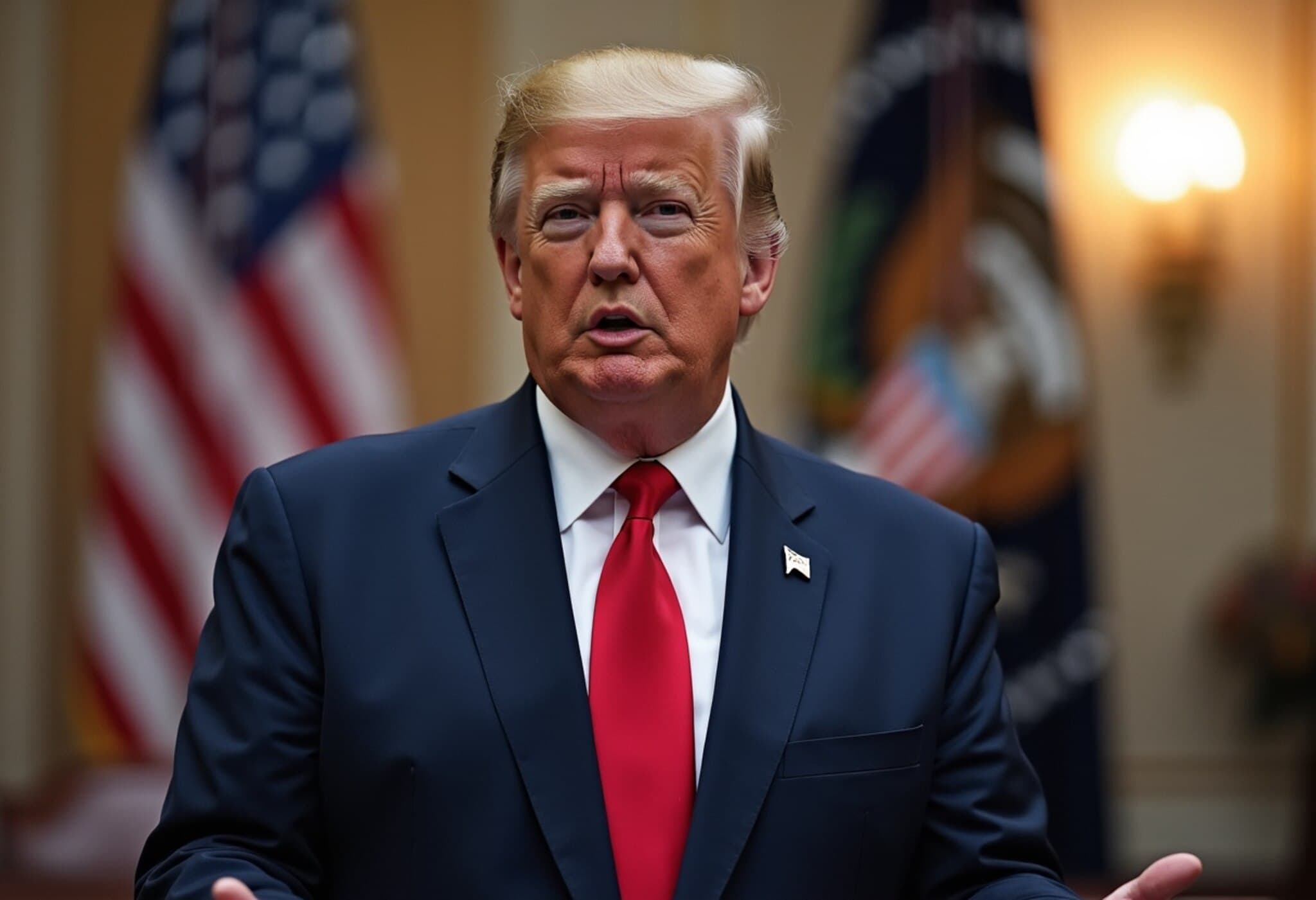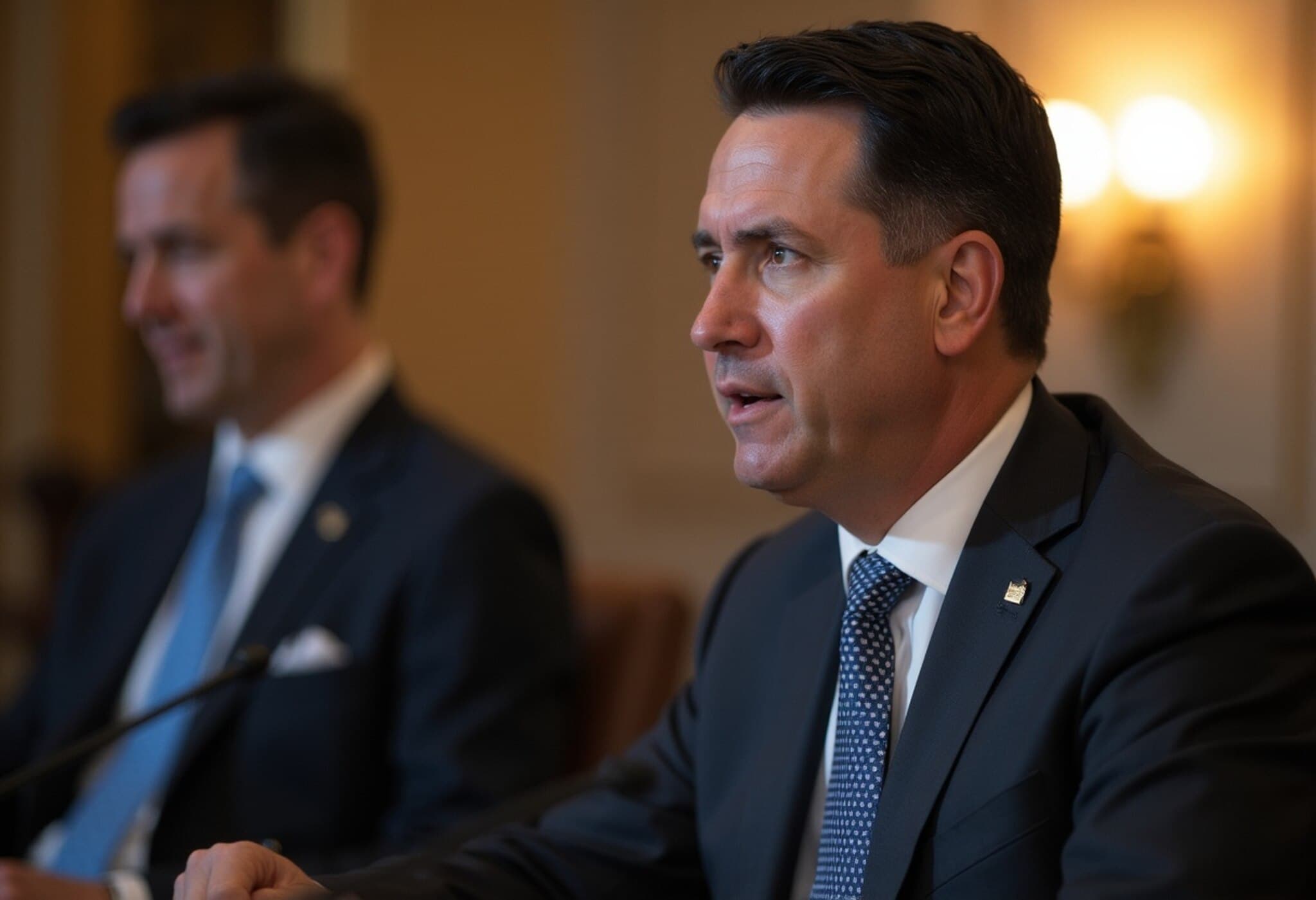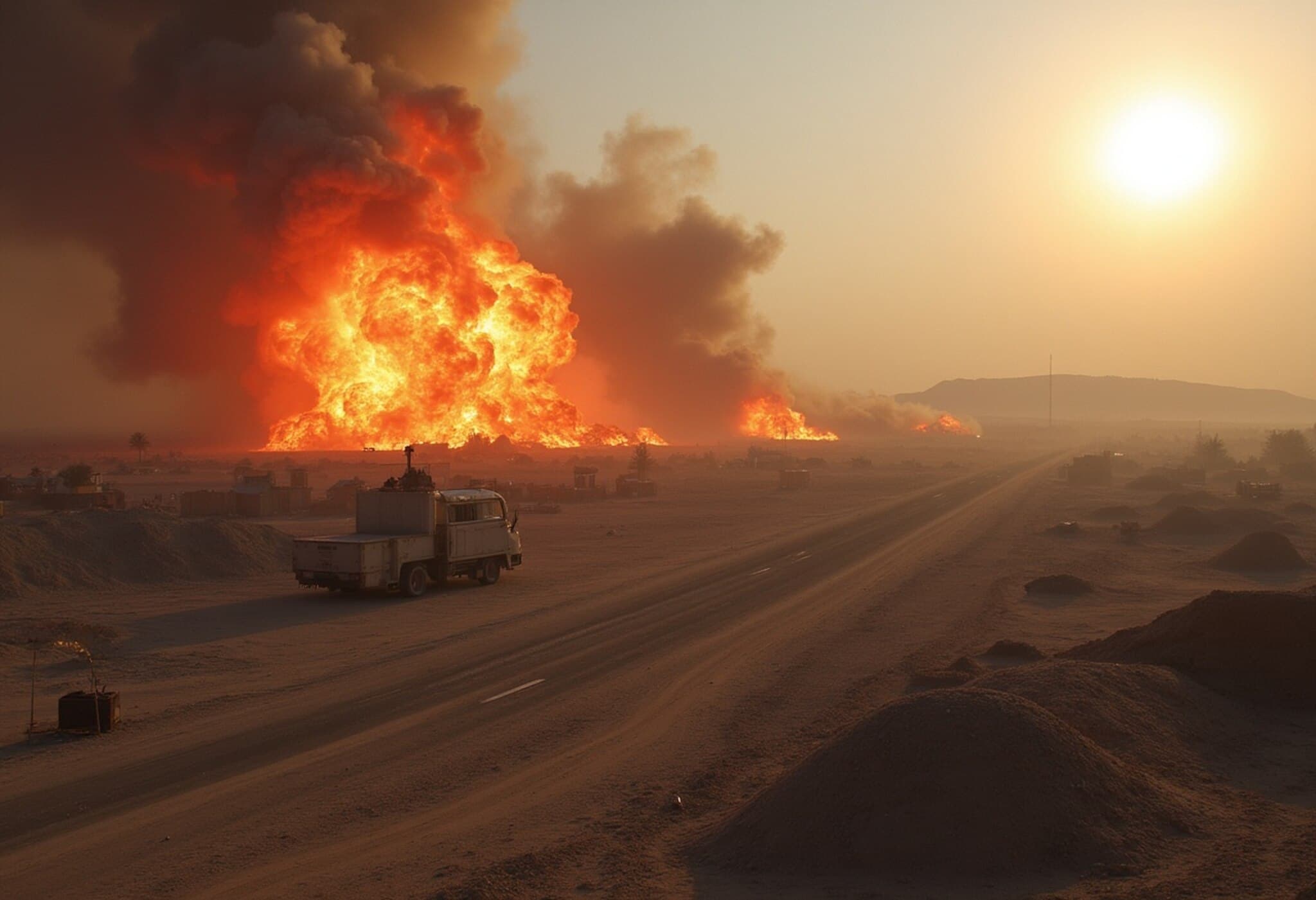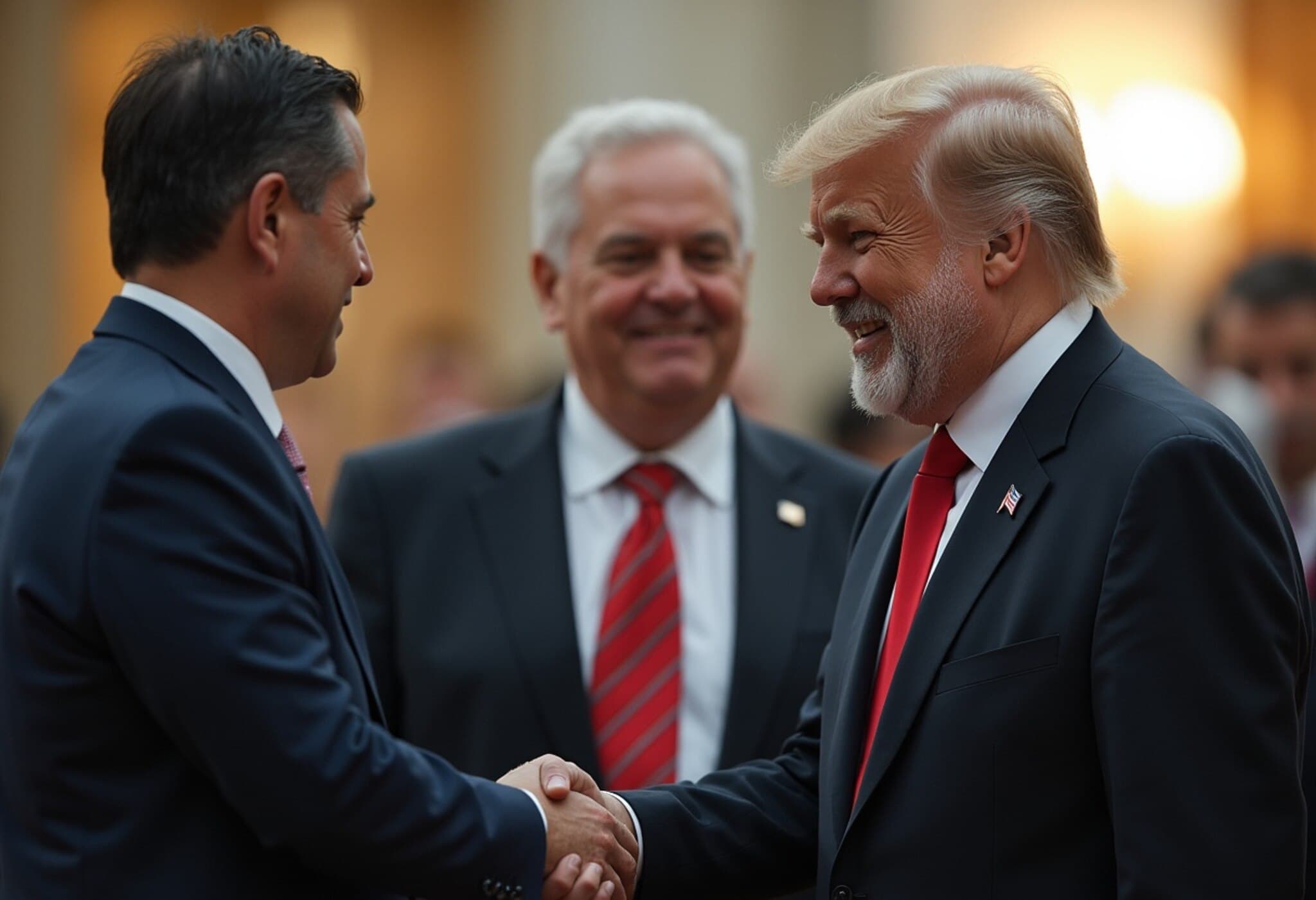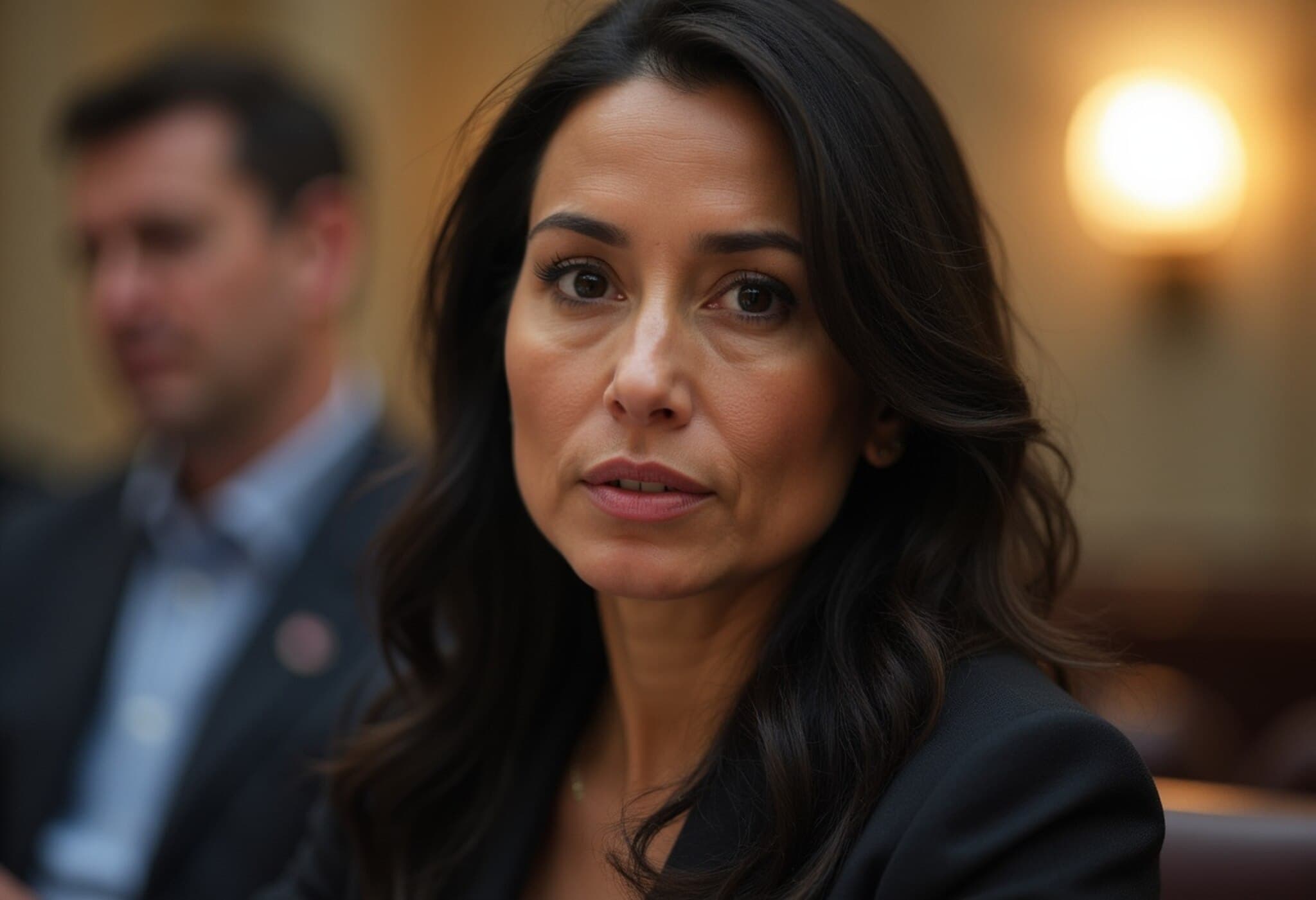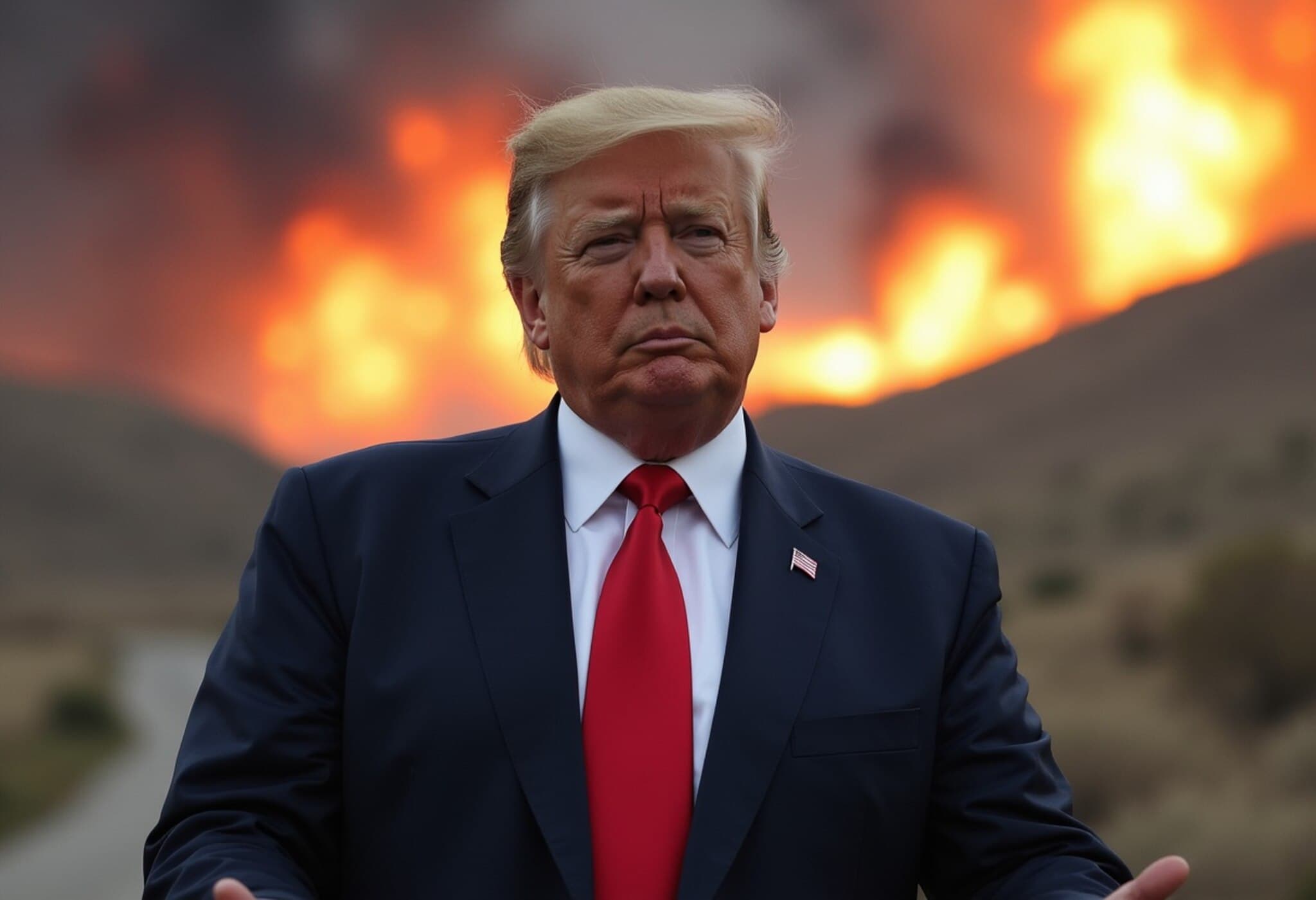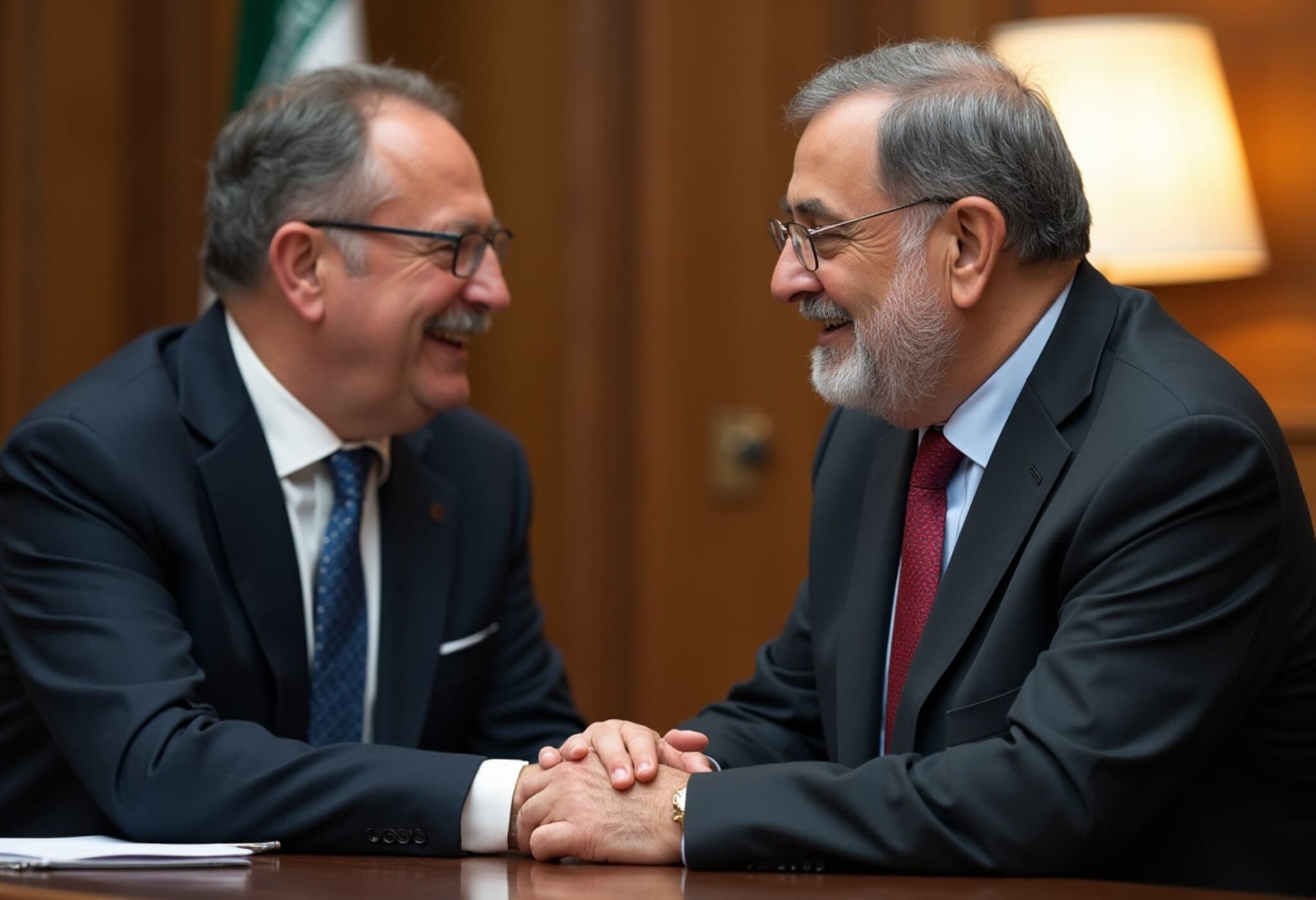Iran's Nuclear Threat: A Race Against Time
The White House issued a stark warning that Iran could develop a nuclear weapon within a matter of weeks, escalating concerns about the volatile situation in the Middle East. According to the latest briefing, Tehran has all the necessary resources to assemble a nuclear device; the only barrier remaining is a decision from its supreme leader.
U.S. Weighing Military Response as Diplomatic Talks Hang in the Balance
President Donald Trump is reportedly considering potential military action against Iran as the nation edges closer to nuclear capability. However, he has not ruled out negotiations, signaling that a final decision on U.S. involvement in the escalating Israel-Iran conflict will be made within the next two weeks.
White House Press Secretary Karoline Leavitt emphasized, "Iran has everything required to complete a nuclear weapon. Once the supreme leader authorizes it, weapon production could be finalized in a couple of weeks."
Leavitt further noted, "The president remains open to diplomatic solutions but is unwavering in his commitment to preventing Iran from acquiring nuclear arms." Any potential agreement would demand that Iran cease uranium enrichment and dismantle its nuclear weapons infrastructure entirely.
A Delicate Balance Between Diplomacy and Strength
While the administration stresses diplomacy as a preferred avenue, the readiness to use military force remains a clear undercurrent. Leavitt described Trump as a "peace through strength" president, prepared to pursue peaceful negotiations but equally willing to exercise decisive power if necessary.
When pressed about congressional authorization for military strikes, officials remained tight-lipped, underscoring the gravity and sensitivity of the situation.
Recent Escalations Fueling Regional Instability
The crisis intensified when Israel conducted airstrikes on nuclear-related sites in Iran, prompting Tehran to retaliate with a barrage of missiles and drones targeting Israeli territory. One such attack reportedly struck an Israeli hospital, adding to the toll and deepening hostilities.
Both nations currently stand firm, with no immediate sign of de-escalation. Leavitt confirmed President Trump has been kept informed of Israel’s actions and warned that failure by Iran to halt nuclear progress would lead to "grave consequences."
Uncertainty Over Future Actions
International observers are left guessing Washington’s next steps amid mixed messages. The president's recent statements have ranged from open-ended diplomatic overtures to more aggressive rhetoric, including suggested targeting of Iran’s Supreme Leader.
Diplomatic channels remain active behind the scenes, with ongoing talks between U.S. envoys and Iranian officials since the surge in hostilities began.
What Comes Next?
- Diplomacy vs. Military intervention: The upcoming weeks will determine whether dialogue or force becomes the primary tool.
- Regional security implications: The outcome of this crisis could reshape Middle Eastern geopolitics.
- Global response: World powers remain watchful, awaiting the administration’s final decision.

